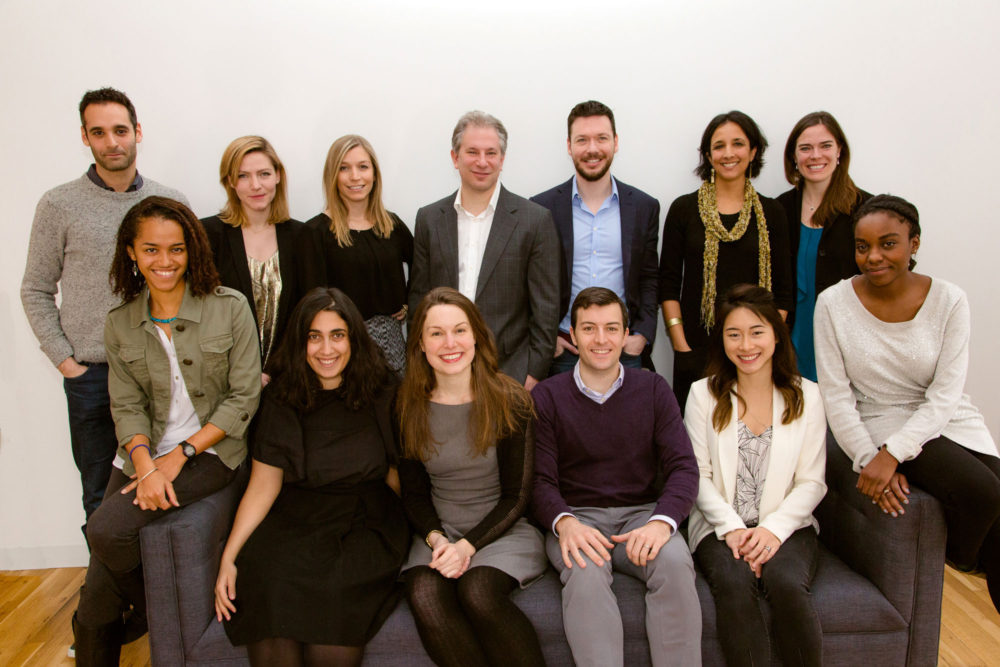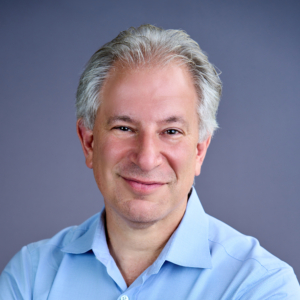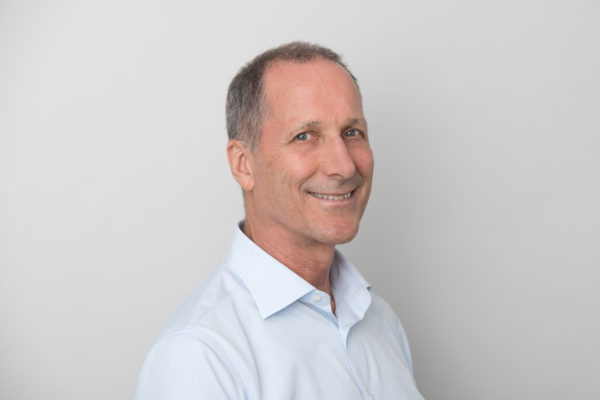
The formative era for any firm is important not only because it establishes the capabilities that enable the firm to create value, but also because it generates the DNA that shapes and constrains the firm’s later development.
I founded Incandescent in February of 2013, and we began building a broader team in the fall of that year. Over the two years since, we’ve established critical elements of the firm’s DNA:
- Grounding our work in the foundational question of human enterprise — how people achieve their purposes, individually and collectively – so that the firm’s commercial work is in service of a larger intellectual agenda, rather than the intellectual agenda being primarily in service of commercial objectives
- Committing the firm to several “big journeys” with clients that we’re serving and ventures that we’re involved in building, so that rather than having as our center of gravity discrete projects, we’re focused on aspirations of a higher order and on partnerships with a longer time scale
- Engaging in how to create, build and run institutions across the spectrum of scale and maturity: advising entrepreneurs, compensated entirely in equity; advising top executives of major corporations on strategy and organization; and working on questions at an ecosystem level and a national or global scale, funded by foundations
- Making our own firm a laboratory for putting our ideas into practice, and building a team as committed to this collective work as to our work in the marketplace
We now have a team of seven and have accomplished more than I could ever have hoped a team this size could do. We’ve built a profitable, cash-flow positive business without any outside funding, even as about half of our work focuses on venture development, advising for equity and R & D, consuming rather than producing cash. More importantly, we’ve laid the early foundations for a firm that’s designed to endure, to generate insights and build enterprises that stand the test of time.
With this foundation in place, we’re looking to grow our team. Over the next handful of months, we’d like to hire something like three or four people: two or three still early in their careers, at a stage where they can shape their professional identities in this unusual context that we’re building; and likely one several years into his or her career, at a stage where he or she has the capability to lead significant pieces of work “out of the gate” and to begin to build a platform that over time expands the firm’s business. Our approach to recruiting begins from a focus on the five qualities we want all team members, in all roles to have – and from there considers the specific success factors important in the role at hand.
- Conceptual thinking: capacity to see high-level patterns and principles, and ability to translate concepts into concrete decisions and actions
- Empathy: capacity to imagine how the world looks to others, and to build bonds of trust even in difficult circumstances
- Intentionality: thoughtful and deliberate about each aspect of one’s work; committed to making each detail express and reinforce the broader vision
- Drive to learn: intense curiosity, commitment to honest self-examination and open feedback from others, willingness to take risks and fail, investment in doing whatever it takes to grow into an exceptional performer
- Discipline: consistent follow-through, translating intentions and decisions into sustained actions and results
Incandescent is an exceptionally demanding environment, wonderful for people who are built in this specific way, and not for anyone who isn’t ready to be stretched to his or her limits on these dimensions. As one example of what it means to us to be intentional about learning and development, I’ve published my own development plans on this blog: “Three Lines to a Bird” and, recently, “What I Need to Learn Next.”
We have a culture that puts a premium on intentionality and reflection. We hold ourselves to high standards in translating our thinking into action. When we notice something isn’t working as well as it ought to, we work to understand root causes and to push through to implications. Every team member contributes to the ongoing conversation about what we should be doing differently or how we might do it better. For instance, once per quarter we ask every team member to answer six questions, quantitatively and qualitatively:
- I’m inspired by what we as a firm are seeking to do
- I experience that we are consistently true to our values and our ideas
- I’m contributing to the fullest of my ability
- I’m developing at a rapid pace – among the fastest rates of learning I’ve ever experienced
- My day-to-day environment is exceptionally supportive of my growth
- I feel like an integral part of something larger than myself
Directness matters in our culture – these answers, and other feedback on the firm and on individuals, aren’t anonymous. We know that we’ll fall short any number of times, and the best guard against failing to achieve our aspirations in the long term is having difficult conversations when we do fall short. We expect that each hire, even the least experienced, will contribute to these kinds of dialogues – and play a very real role in shaping Incandescent.
In the context of this important step we’re taking, I’d love ideas about people we should be talking to about joining Incandescent. Jennifer Silverstein is the point person for our recruiting, and we’d welcome candidates reaching out directly to her. More broadly, recruiting is a question that we’re thinking a great deal about, in the context of our own hiring and in the context of the critical hires that a number of our clients are making. I’ll share further thoughts about the art of hiring well in this blog in the coming weeks, and I’d value hearing from any readers who are pushing the envelope (or trying to) in this critical area.



